In early 2023, Eric Vaughan, CEO of enterprise software company IgniteTech, had an “aha” moment. The light he saw came not from a successful business meeting, but from lines of text generated by artificial intelligence.
He immediately believed this was not a new tool but a tsunami that was about to reshape the entire world . “We saw the light,” Vaughan recalls. “And we realized that literally every business was facing an existential threat from this transformation.”
While many other leaders were still experimenting, Vaughan felt a crushing sense of urgency. He believed that if he didn't lead, IgniteTech would be sunk.
Immediately, a company-wide meeting was called. The message was delivered bluntly and abruptly, breaking all the normal work rhythm: From this moment on, everything at IgniteTech would revolve around AI.
Gift Rejected and “AI Mondays” Fail
Vaughan's plan initially was well-intentioned, calling it a "gift" to employees.
“We’re giving everyone a huge investment in time, tools, and training,” he explains. The company is committed to reimbursing all AI tool purchases, funding prompt engineering courses, and even bringing in outside experts to “evangelize.”
An ambitious initiative was born: "AI Monday". Every Monday, all employees, from engineers to sales to finance, were asked to put aside all their daily work.
“No customer calls, no budgeting, just AI projects,” Vaughan says. It’s a huge investment, with 20% of the company’s payroll dedicated to learning and experimentation.
But that beautiful plan ran into an invisible, then visible wall: resistance.
“In the early days, we encountered outright resistance of the ‘I won’t do this’ variety,” Vaughan recalls bitterly. “And so we said goodbye to them.” The resistance was not just uncooperative, but also subversive.
What surprised Vaughan most was that the most resistant group were the engineers—the people who should have been most open to the technology. Instead of exploring what AI could do, they focused on what it couldn’t do. In contrast, marketing and sales were more enthusiastic about the new possibilities.
The phenomenon at IgniteTech is not unique. A 2025 report by WRITER, an AI platform for businesses, revealed a disturbing truth: one in three employees admitted to “intentionally sabotaging” their company’s AI efforts.
This number jumps to 41% among Gen Y and Gen Z due to fear of being replaced, frustration with ineffective AI tools, and frustration with leadership's lack of clear strategy.
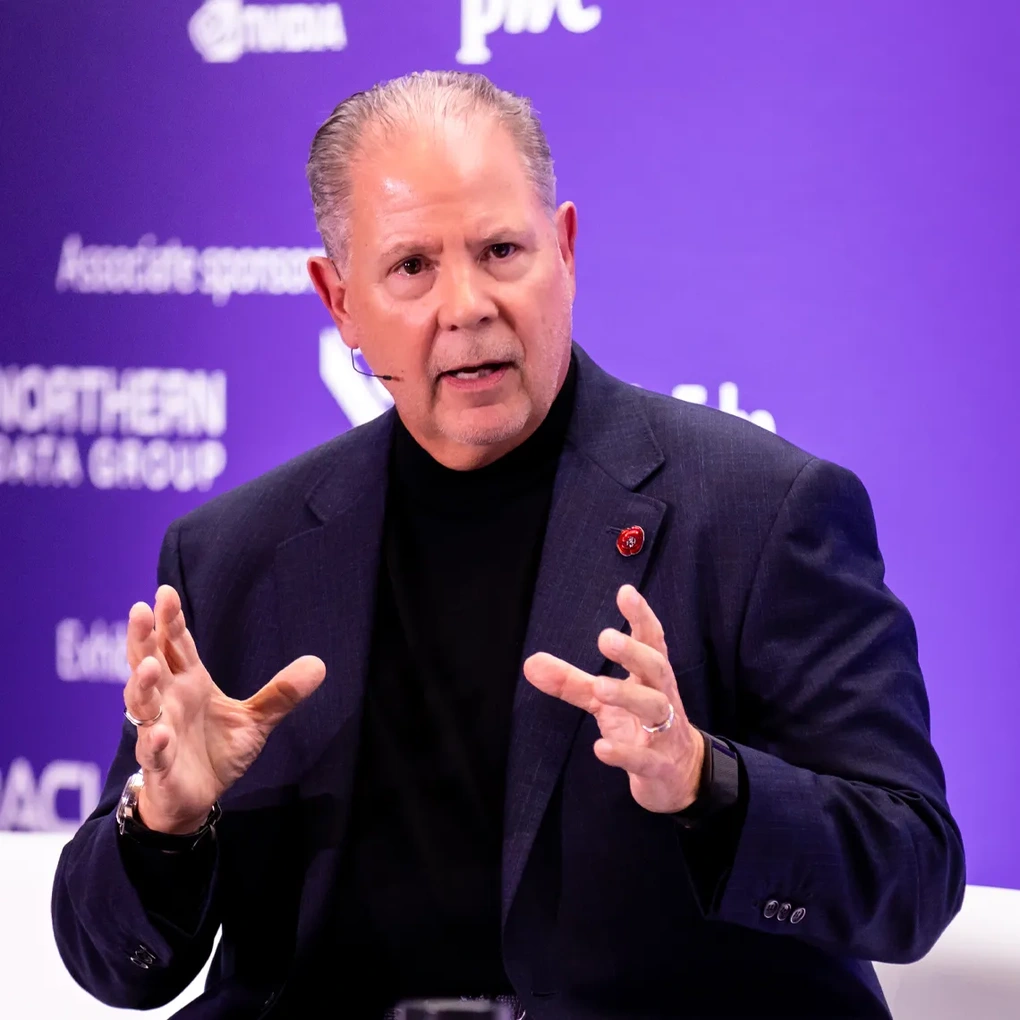
Eric Vaughan, CEO of IgniteTech, affirmed to employees: from now on, the entire company's operations will put AI at the center (Photo: IgniteTech).
When trust is more important than skill: The decision to "change blood"
After months of unsuccessful attempts, Eric Vaughan came to a painful conclusion: "Changing mindsets is much harder than adding skills."
He realized he couldn’t force people to believe something they didn’t want to believe. And in the AI revolution, trust is key. “You can’t force people to change,” he says. So Vaughan made the most devastating decision of his career.
Instead of trying to change old beliefs, he decided to hire new people who already had them. IgniteTech began a comprehensive "blood transfusion" campaign. Throughout 2023 and the first quarter of 2024, the company replaced nearly 80% of its staff. Hundreds of people were let go.
“That wasn’t the original goal,” Vaughan admits. “It was really tough. We were kind of upside down, not even sure where we were or who we were.”
The company is aggressively recruiting for new positions called “AI Innovators” across all departments. The company’s structure has also been restructured in a “rather unusual” way: every department, regardless of expertise, reports directly to a newly created AI organization headed by Chief AI Officer Thibault Bridel-Bertomeu.
This approach aims to break down information silos, ensuring that AI knowledge is shared seamlessly – a critical weakness that 71% of other business leaders acknowledged in the WRITER survey.
The gamble paid off
The “painful surgery” has yielded extraordinary results. With an almost entirely new team, built on a common foundation of trust in AI, IgniteTech has transformed at breakneck speed.
By the end of 2024, the company had launched two groundbreaking, patent-pending AI solutions, including the Eloquens AI email automation platform. Vaughan proudly boasted that the new team was able to build a customer-ready product in just four days—something that was unthinkable in the previous version of the company.
Financially, IgniteTech is not weakened, but stronger. The company ended 2024 with an astonishing EBITDA margin of nearly 75%, even after completing the major acquisition of Khoros.
Vaughan's story becomes a classic example: the price of radical change is high, but the rewards for decisiveness are well worth it.
Which way for businesses: Training or replacement?
But is IgniteTech’s path unique? Joshua Wöhle, CEO of Mindstone, a company that trains AI for large corporations like Lufthansa and Hyatt, says there are two main options: upskilling or mass replacement.
He points to two contrasting examples: Ikea has opted for retraining, claiming its approach is “human-centric, focused on complementing, not replacing.” Meanwhile, Swedish “buy now, pay later” giant Klarna has opted for automation. The deployment of an AI assistant has helped it reduce the workload of 700 full-time employees.
Wöhle says employee skepticism is understandable. He calls it “shepherd boy syndrome.” “The tech industry hyped NFTs and blockchain as revolutionary, but they didn’t deliver the promised impact. You can’t blame employees for being wary of AI,” he says.
After training thousands of people over the years, Wöhle has learned a harsh truth: "Most people hate learning. They avoid it if they can." Sometimes, he says, when an employee is so resistant to change that the pace is so fast, "firing them is the more humane thing to do."
The Final Lesson: The War Is in Culture
Eric Vaughan's experience proves that investing money and tools is not enough. Investing without consensus and trust is a waste of money.
When asked if he regretted and would do it again, Vaughan didn't hesitate for a second: "Yes."
He would rather endure a few painful months rebuilding the company on a new foundation than watch it slowly drift into oblivion. He doesn’t recommend other companies copy his approach. “I absolutely wouldn’t recommend it. It’s incredibly difficult,” he insists.
But his final message was crystal clear. In the AI revolution, everyone must row the same boat, heading in the same direction; otherwise, the ship will never reach its destination.
“This is not just a technological change,” Vaughan concludes. “This is a cultural change and a business model change.” And in that battle, hesitation is the biggest enemy.
Source: https://dantri.com.vn/kinh-doanh/song-sot-thoi-ai-ceo-can-nao-giua-bai-toan-dao-tao-lai-hay-sa-thai-20250819141729220.htm


![[Photo] General Secretary To Lam, Secretary of the Central Military Commission attends the 12th Party Congress of the Army](https://vphoto.vietnam.vn/thumb/1200x675/vietnam/resource/IMAGE/2025/9/30/9b63aaa37ddb472ead84e3870a8ae825)
![[Photo] President Luong Cuong receives President of the Cuban National Assembly Esteban Lazo Hernandez](https://vphoto.vietnam.vn/thumb/1200x675/vietnam/resource/IMAGE/2025/9/30/4d38932911c24f6ea1936252bd5427fa)

![[Photo] Solemn opening of the 12th Military Party Congress for the 2025-2030 term](https://vphoto.vietnam.vn/thumb/1200x675/vietnam/resource/IMAGE/2025/9/30/2cd383b3130d41a1a4b5ace0d5eb989d)
![[Photo] Panorama of the cable-stayed bridge, the final bottleneck of the Ben Luc-Long Thanh expressway](https://vphoto.vietnam.vn/thumb/1200x675/vietnam/resource/IMAGE/2025/9/30/391fdf21025541d6b2f092e49a17243f)
![[Photo] The 1st Congress of Phu Tho Provincial Party Committee, term 2025-2030](https://vphoto.vietnam.vn/thumb/1200x675/vietnam/resource/IMAGE/2025/9/30/1507da06216649bba8a1ce6251816820)



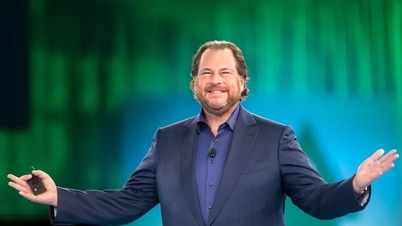











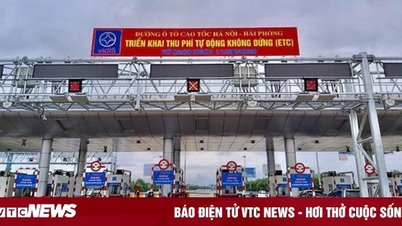











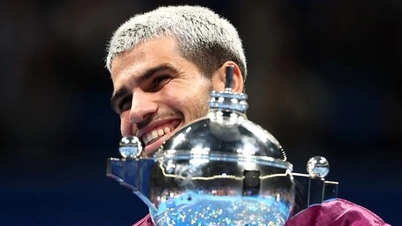
































































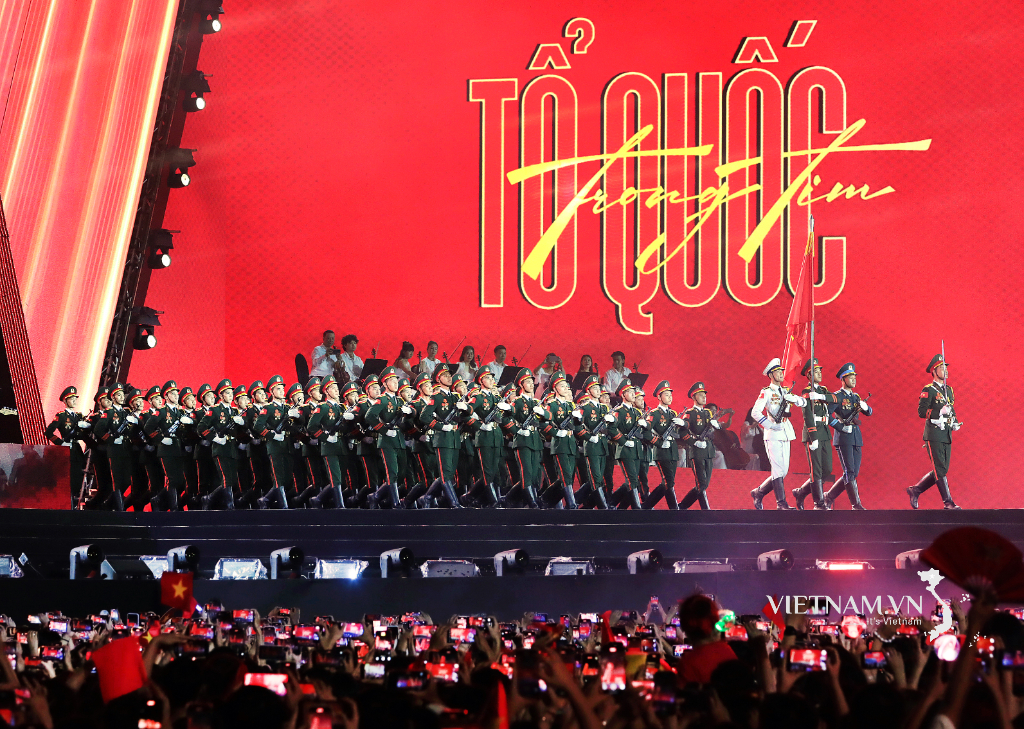



Comment (0)